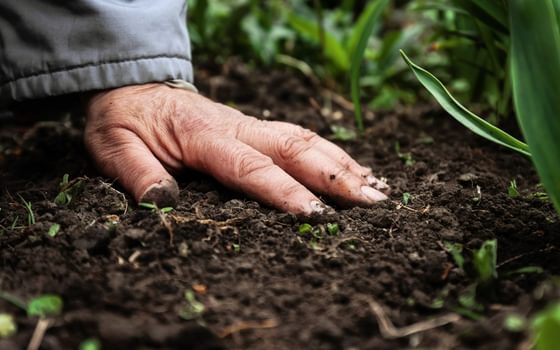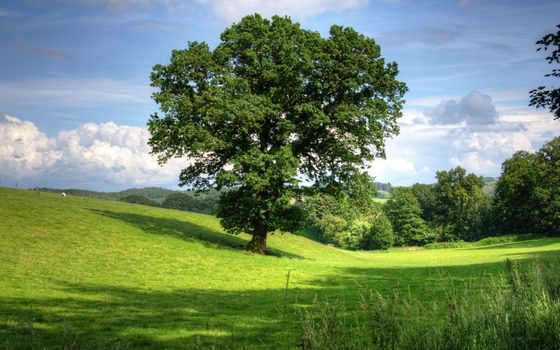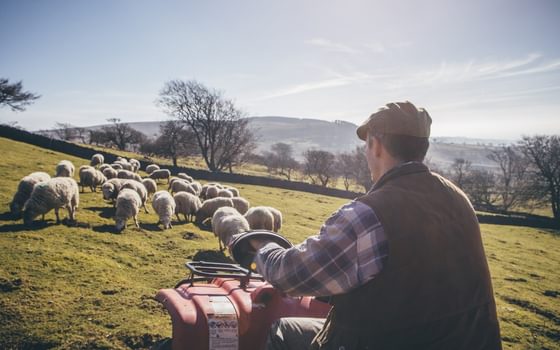Farming after Brexit: Fraught with danger
A new agricultural settlement post-Brexit must support small farmers and build vibrant local economies.
05 April 2017
Britain’s farming sector is intimately linked to the European Union. For the last 45 years, the Common Agricultural Policy (CAP) has shaped how the UK farms – but Brexit will put an end to that.
Leaving the EU poses big risks for Britain’s farmers. Over half of a typical UK farmer’s income is made up of subsidies from the CAP, and if those were to disappear overnight most farms would find themselves out of business. Chancellor Phillip Hammond has promised to maintain the current level of subsidies to farmers set by the CAP until 2020. But beyond that, the future for British farmers is uncertain.
A recent Whitehall leak suggested that the UK would need to create a new ‘Agriculture Bill’ in the wake of triggering Article 50. But it is vital that any new settlement is designed to support small farmers and build vibrant local economies. Otherwise the many economic risks of Brexit will be compounded by a farming system that fails to give real control to the people who need it most.
Supporting smaller farmers
The CAP rewards large landowners by making payments based on how much land is owned. That means wealthy individuals reap millions of pounds from public funds, while smaller farmers receive little or no support. But for all its flaws, there is a danger that the government replaces the CAP with something even worse.
Removing subsidies all together, as some have suggested, would be a disaster. The exposure to free markets would continue to favour larger farmers, but at the same time would remove the leverage the public has to ensure farmers commit to environmental standards. Ultimately, it would mean less control for people and more scope for large farming interests to crush competitors and damage our environment.
Instead, new subsidies could be used to support smaller farmers, give more control to local communities, and encourage sustainability and jobs in the rural economy — all while protecting our environment.
We designed a progressive subsidy system with Global Justice Now which seeks to do just that.
Our proposed subsidy would:
- Give each active farmer with at least one hectare of land a universal payment of £5,000.
This would help redistribute available funds across farmers and would level the playing field for small-scale producers, while reducing the total amount of public money devoted to income support. The payment would be conditional on a small number of minimum standards, including basic environmental stewardship. - Offer grants for medium-scale, regional infrastructure, including processing facilities and local business development programmes.
This would keep money and resources in local economies, while supporting new business models and small-scale producers. - Offer subsidies for the provision of specific public goods.
Decisions on which public goods to prioritise and how to allocate budget would be devolved to regions to set 10-year frameworks based on local knowledge (subject to big national responsibilities, such as tackling climate change).
Our proposal would build a modern, effective food system whilst at the same time saving £1.1 billion per year against the cost of transferring CAP commitments to the Exchequer. That’s money which could instead go to our NHS or other shared services.
Confronting the dangers
The decisions that will shape the future of our food system – and all the related issues, from obesity to soil degradation – will be made in the coming months and years. There are many dangers inherent in this process. So now is the time to confront them and secure a farming and food system which genuinely puts people in control.
Topics Fisheries & farming






